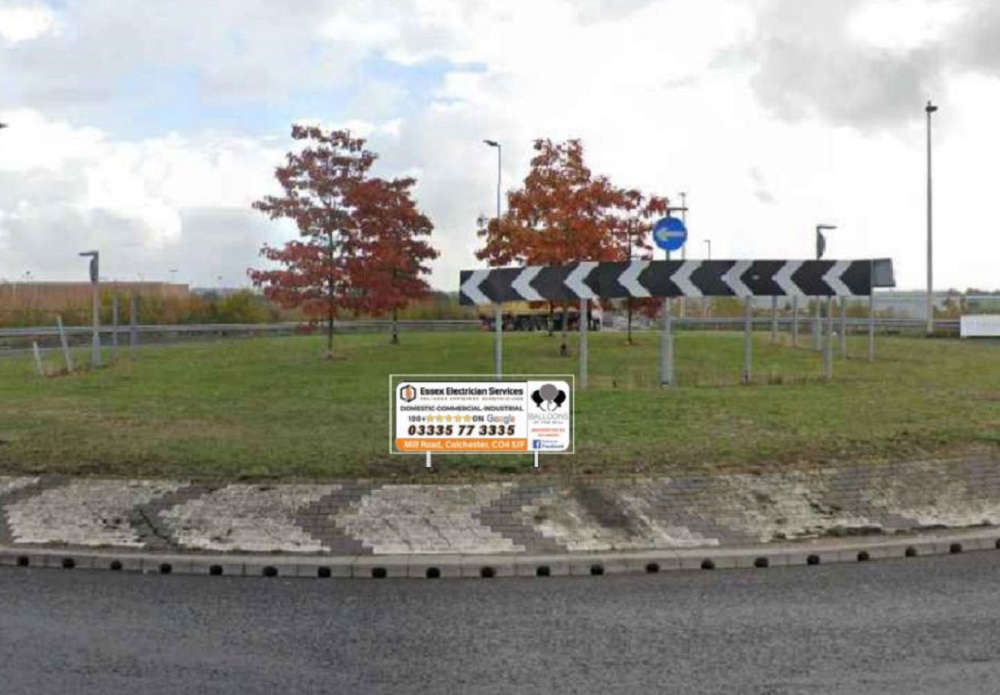

Expert advice on how to deal with annoying customer habits
Posted: Friday, June 24th, 2022

The saying might insist that ‘the customer is always right’, but sometimes clients’ behaviour can make it difficult to remain diplomatic. However, for the good of your business and your reputation, it’s important to remain professional, no matter how frustrating the situation. That’s why Ironmongery Direct has partnered with Carolyn Hobdey, award-winning Human Resources professional and author, to share expert advice on how to deal with the 10 most annoying customer habits, as revealed by recent research. 1) Watching you closely while you workc “I’d start by politely asking them if there is a problem or if they have a question about what you’re doing. If they still don’t leave or keep coming back, I’d state that it would be most useful if you could have some space to do the work and that you’ll call them to join you if you have any queries or when you’re finished.” 2) Constantly checking your progress “State that you like to focus in order to do a good job, then ask if it would be ok if you just let them know once you’re done. If they come back, remind them by repeating the same statement.” 3) Asking you to do extra little jobs while you’re there “Depending on the size and number of the additional jobs (the odd one might be reasonable), state that the extras weren’t included in the original quote or the time you have allocated to the work. Plus, mention that it would involve you keeping other customers waiting, which isn’t fair or professional. Say you’d be happy to quote for and allocate time to the other jobs if they’d like and leave that option with them.” 4) Asking for a discount Our sister company ElectricalDirect recently found that discounts and mates’ rates cost tradespeople hundreds of pounds every year, so it’s no wonder that workers find it frustrating. Carolyn says: “It depends on the size of the job and your usual discount policy, but if you have discounted or priced the work as advantageously as you can, then say that you have already given the best price that you possibly can. Don’t apologise - if your work is fairly priced then there is no need to be sorry.” 5) Not paying on time We recently conducted some research and revealed that tradespeople face an average of two payment disputes with customers every year, which can be a major frustration. Carolyn says: “Make the payment terms clear to start with - use an online invoice tool with payment reminders if possible. Text or email in the first instance so you have a record of chasing for payment. If you still don't get a response, wait a reasonable amount of time (3-5 working days) and then call directly, or pop round to enquire about an update on payment. Then choose whether you want them as a customer again in the future.” 6) Making suggestions or instructing you how to do your job “Thank them for their suggestions - good manners cost nothing - in the first instance. If they, do it again, remind them that they are parting with their hard-earned money for your expertise and that they get more value for money by letting you do the work as that expert.” 7) Calling outside of working hours “This is about your discipline, not theirs. You need to set a boundary. Either switch your phone off, onto silent, or text them and remind them of your business hours (maybe have some standard wording you copy and paste into a message). State that you’ll contact them again the next time you’re available within those hours. This one is within your control.” 8) Insisting a job is urgent when it’s not “Have a set list of criteria/questions that you ask every time to help you make an objective assessment of the work’s urgency. E.g. Does anyone in the household have a current medical condition? Is anyone’s health at risk from this situation? Then inform them of the outcome of your objective assessment and where that sits versus other work priorities you have. If they 'cry wolf’ with you, call them out about it and tell them that next time you won’t believe them when it may be urgent.” 9) Not offering you a drink “If they can get you a drink - remember that might be tricky for some, and some might be cautious in a Covid world - then start by asking for a glass of water for your dry throat. See what they offer you from there. If you want to be bold, go straight in with “shall we get that kettle on?” and a winning smile.” 10) Not being in when you arrive so you can’t get to the job “Again, this is about boundaries. If they’ve told you to call when you arrive and they’ll come and let you in, then fair enough. If you have agreed a set time, you need to determine how long you are prepared to wait for, and then stick to it. Call them or send a text and inform them that you have arrived and are prepared to wait ‘X’ minutes, then message them again after that amount of time to advise that you have gone to the next job. Show the customer how you expect to be treated.”
Trending Stories
-
 Essex electrician has roundabout signs rejected
Essex electrician has roundabout signs rejected
A sparkie’s bid to sponsor signs on two roundabouts has been refused by planning chiefs who described them as “clutter”
-
 Barbie caused a ‘worldwide’ shortage of pink paint
Barbie caused a ‘worldwide’ shortage of pink paint
Barbie needed so much fluorescent pink paint that it caused a worldwide supply shortage for an entire company
-
 Builders find body of man murdered in the 1960s and buried in back garden
Builders find body of man murdered in the 1960s and buried in back garden
A woman who bought a South London house was left horrified after builders discovered the body of a man murdered in the 1960s and buried in her garden 14 months after she moved in
-
 'Government insulation scheme ruined my home'
'Government insulation scheme ruined my home'
A home-owner said his flat has been ruined by black mould caused by a government "green" insulation schem
-
 Builder celebrates lottery win by buying his coworkers bacon butties
Builder celebrates lottery win by buying his coworkers bacon butties
A builder from Milford Haven who won big on the lottery celebrated his victory by treating all his workmates to a round of bacon rolls